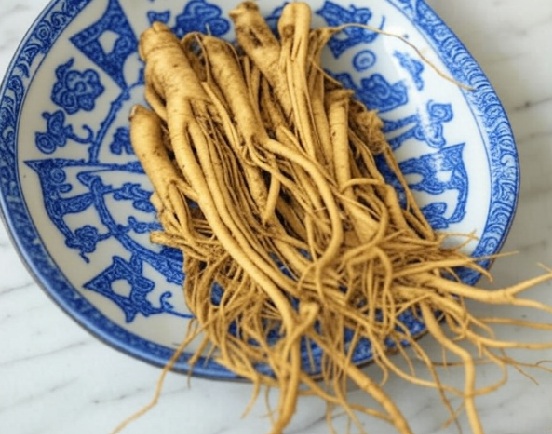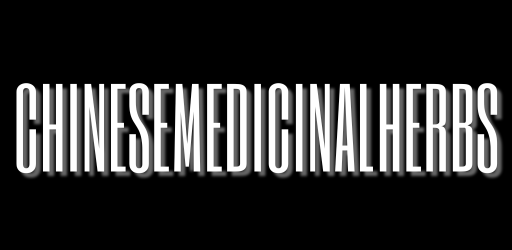Chinese Bellflower Root

Chinese Bellflower Root (Jie Geng): A Lung-Opening Herb for Cough, Phlegm, and Throat Health
Introduction
Chinese bellflower root, known as Jie Geng (桔梗) in Traditional Chinese Medicine (TCM), is a versatile herb used to open the Lung, regulate the voice, and expel phlegm. Slightly bitter and pungent, this upward-directing herb is often included in formulas for cough, sore throat, chest congestion, and loss of voice. Its lifting quality makes it a key ingredient to guide the actions of other herbs toward the upper body.
What Is Chinese Bellflower Root?
Jie Geng refers to the dried root of Platycodon grandiflorus, a perennial herb native to East Asia. In TCM, it is classified as bitter, acrid, and neutral, entering the Lung meridian. Traditionally, bellflower root is used to open and disseminate Lung qi, expel phlegm, soothe the throat, and guide other herbs upward. It is often paired with herbs like licorice root, apricot seed, or fritillaria in respiratory support formulas.
Health Benefits of Chinese Bellflower Root
Opens the Lungs and Expels Phlegm
Jie Geng helps relieve cough and chest tightness by promoting the expulsion of phlegm and unblocking Lung qi.
Soothes the Throat and Eases Hoarseness
Effective for sore throat, voice loss, or irritation due to wind-heat or dryness in the throat.
Guides Herbs to the Upper Body
This unique lifting action makes Jie Geng ideal for directing formula effects to the chest and throat.
Discharges Pus and Reduces Swelling
Used for abscesses of the throat or lungs, it helps release pus and resolve inflammation.
Balances Dispersing and Moistening Herbs
It harmonizes with moistening herbs to maintain a balance between clearing and nourishing the Lungs.
How to Use Chinese Bellflower Root
In Herbal Decoctions for Cough or Phlegm
Boil 3–9 grams with herbs like fritillaria, apricot seed, or honey-fried licorice. Simmer 20–30 minutes.
In Formulas for Sore Throat or Laryngitis
Included in classic remedies for throat inflammation, voice loss, or upper respiratory tract issues.
In TCM-Style Teas for Lung Health
Combine with chrysanthemum, honeysuckle, or mulberry leaf for a cooling and clarifying tea.
Where to Buy Chinese Bellflower Root
You can find Jie Geng at the following places:
- Chinese herbal medicine stores
- Health food shops or traditional apothecaries
- Online retailers such as iHerb, Amazon, or TCM specialty websites
Look for:
- White to pale yellow dried root slices, slightly twisted or flattened
- Properly dried and aromatic, without mustiness or discoloration
- Certified pesticide-free or organically sourced when possible
Are There Any Side Effects?
Jie Geng is generally safe for most people, but in cases of chronic dry cough or yin deficiency, it should be used with moistening herbs. Overuse may cause dryness or mild throat irritation. Always consult a practitioner for long-term or high-dose use.
Conclusion
Chinese bellflower root, or Jie Geng, is a trusted herb in TCM for promoting Lung health, relieving cough and phlegm, and soothing the throat. Its unique upward-directing nature and clearing properties make it an essential component in many respiratory and vocal formulas.
FAQs
Can I use bellflower root every day?
It can be used daily in moderate amounts during acute cough or phlegm, especially when guided by a formula.
What does Chinese bellflower root taste like?
It has a slightly bitter and acrid taste with a mild aromatic quality.
Is bellflower root safe for children?
Yes, in small, properly adjusted doses under the guidance of a qualified pediatric herbalist.

